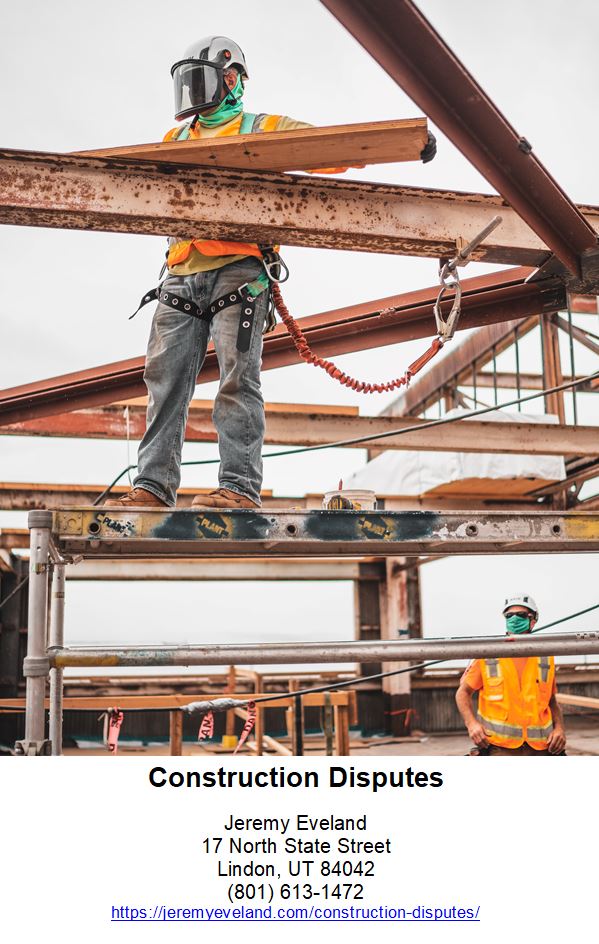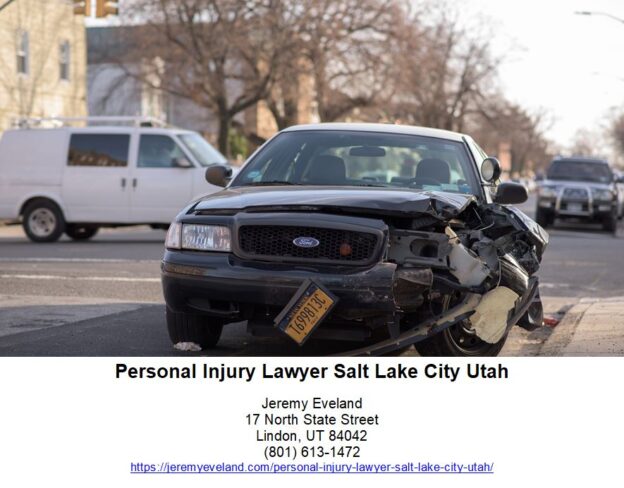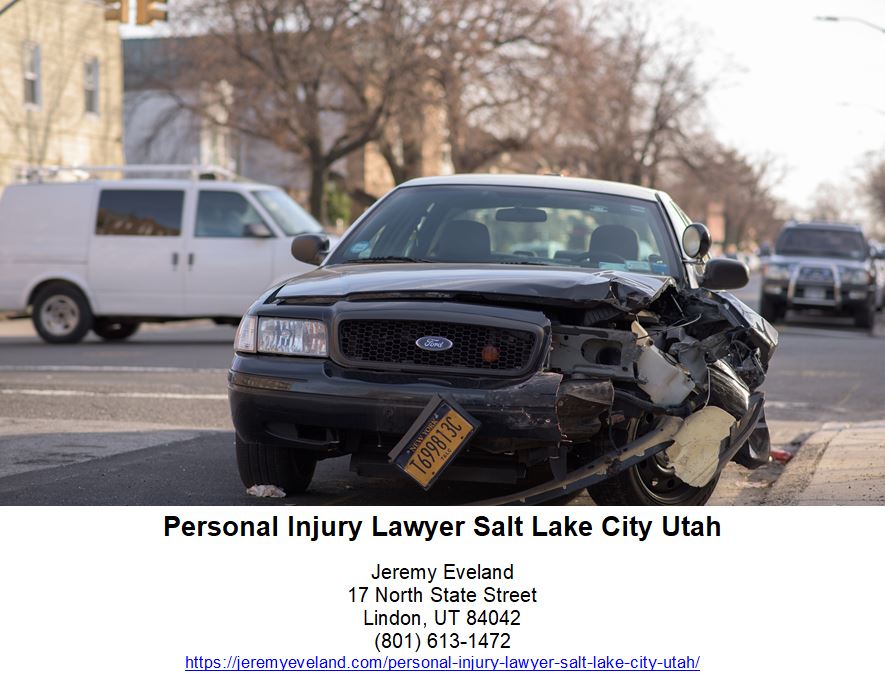Are you currently going through a divorce and wondering how to navigate the challenges of building new relationships? In this article, we will provide you with valuable insights and guidance to address common legal concerns during this process. Our aim is to create an emotional connection with you, reassuring you that you are not alone and offering clear steps to move forward. We will explore the important aspects of divorce, from the legal implications to the emotional impact, as well as how to begin rebuilding your life and forming new relationships. Our comprehensive and exhaustive approach ensures that you have all the information you need to make well-informed decisions. So, if you’re ready to take the next step and seek assistance promptly, read on and discover what this journey holds for you.
The Emotional Journey of Divorce
Going through a divorce can be an emotional rollercoaster, and understanding the challenges that come with it is crucial. In this section, we will take a closer look at the emotional aspects of divorce and provide guidance on how to navigate them effectively.
Understanding the Emotional Challenges of Divorce
Divorce often involves a significant amount of grief and loss. It is natural to mourn the end of a significant relationship and the dreams you had for the future. It’s important to allow yourself to grieve and acknowledge your emotions during this process. Remember that healing takes time, and it’s okay to feel a range of emotions from sadness to anger.
Dealing with Grief and Loss
During divorce, you may experience a sense of loss not just for the relationship but also for the way of life you had become accustomed to. It’s essential to give yourself permission to grieve and process these emotions. Surround yourself with a support system of friends and family who can provide a listening ear and offer emotional support. Additionally, seeking therapy or joining support groups can be immensely helpful in navigating grief and loss.
Managing Anger and Resentment
Divorce can often bring about feelings of anger and resentment. It’s crucial to find healthy ways to manage these emotions. Engaging in activities that help you release anger in a constructive way, such as exercise or journaling, can be therapeutic. Explore techniques like mindful breathing or meditation to calm your mind and reduce tension. Remember, it’s normal to feel anger, but finding healthy outlets for it is essential for your well-being.
Rebuilding Self-Esteem and Confidence
Divorce can have a significant impact on your self-esteem and confidence. It’s important to remind yourself that the end of a relationship doesn’t define your worth. Take this opportunity to focus on self-care and personal growth. Engage in activities that make you feel good about yourself and surround yourself with positive influences. Seeking therapy can also be beneficial in rebuilding your self-esteem and helping you discover your strengths.
Legal Aspects of Divorce
Understanding the legal aspects of divorce is essential to ensure a smooth process. Familiarize yourself with the different types of divorce, navigate child custody and support issues, and learn about spousal support and division of assets and debts.
Understanding the Different Types of Divorce
There are various types of divorce, including uncontested, contested, collaborative, and mediated divorces. Each type has its own unique process and requirements. It’s important to understand the differences to determine which approach is best for your situation. Consulting with a divorce attorney can help you navigate this decision and guide you through the legal process.
Navigating Child Custody and Support Issues
Child custody and support can be one of the most challenging aspects of divorce, especially when children are involved. It’s essential to prioritize the best interests of the children when determining custody arrangements. Cooperating with your co-parent and being open to compromise can aid in reaching a mutually beneficial custody agreement. Understanding child support guidelines and seeking legal advice can help ensure the financial well-being of your children.
Dividing Assets and Debts
Dividing assets and debts is a crucial step in the divorce process. It’s important to have a clear understanding of your marital assets and debts. Consulting with a financial advisor or accountant can help you navigate complex financial matters and ensure a fair division of property. Remember to gather all relevant financial documents and be open to negotiation to reach a satisfactory agreement.
Obtaining Spousal Support
In some cases, spousal support, also known as alimony, may be awarded to one spouse after divorce. Factors such as income disparity, length of marriage, and the ability to support oneself are considered when determining spousal support. Consulting with a divorce attorney can help you understand the spousal support laws in your jurisdiction and negotiate a fair arrangement.
Healing and Moving On
After a divorce, it’s important to take the time to heal and focus on rebuilding yourself. In this section, we will explore strategies for healing, rebuilding trust in relationships, seeking therapy and support groups, and setting boundaries to prioritize self-care.
Taking Time to Heal After Divorce
Divorce can be emotionally draining, and it’s crucial to allow yourself time to heal. Understand that healing is a journey, and it varies for each individual. Give yourself permission to grieve, process your emotions, and take the necessary steps towards healing. It’s okay to seek support from friends, family, or a therapist during this time.
Rebuilding Trust in Relationships
Divorce can leave you feeling betrayed and skeptical of future relationships. Rebuilding trust takes time and patience. Start by focusing on rebuilding trust in yourself and your own judgment. Engage in activities that help you regain confidence and self-assurance. As you begin to trust yourself again, you can gradually open yourself up to building trust in new relationships.
Exploring Therapy and Support Groups
Therapy and support groups can be invaluable resources during and after a divorce. Therapy provides a safe space to explore your emotions, gain perspective, and develop coping strategies. Support groups allow you to connect with others who are going through similar experiences, providing a sense of belonging and understanding. Consider seeking professional help or joining support groups to aid in your healing process.
Setting Boundaries and Prioritizing Self-Care
During and after divorce, setting boundaries is essential for your overall well-being. Clearly communicate your needs and expectations to your ex-spouse and others around you. Prioritize self-care by engaging in activities that bring you joy and promote your emotional and physical well-being. Remember, taking care of yourself is not selfish but necessary for your healing and growth.
Building Healthy New Relationships
After divorce, it’s natural to desire companionship and build new relationships. In this section, we will discuss identifying what you want in a partner, navigating the dating world, and communicating and building trust in new relationships.
Identifying What You Want in a Partner
Before entering into a new relationship, take the time to reflect on what you truly want and need in a partner. Consider your values, goals, and non-negotiables. Understanding your own needs and desires will help you make informed choices when entering the dating world and increase the likelihood of finding a compatible partner.
Navigating the Dating World After Divorce
The dating landscape may have changed since your last relationship, and it’s essential to navigate it with care. Take the time to heal from your divorce before entering the dating scene. Be open and honest about your situation with potential partners, ensuring they understand your past and expectations for the future. Practice healthy communication and set boundaries to protect your emotional well-being.
Communicating and Building Trust in New Relationships
Communication and trust are the foundations of any healthy relationship. As you embark on new relationships, prioritize open and honest communication with your partner. Share your feelings, concerns, and expectations. Building trust takes time and consistent effort. Be patient with yourself and your partner, and work together to establish a strong foundation of trust.
Introducing Children to New Partners
When entering new relationships after divorce, it’s crucial to consider the best interests of your children. In this section, we will discuss the importance of taking it slow and gradual when introducing children to new partners and preparing them for the introduction.
Considering the Best Interests of the Children
Before introducing your children to a new partner, consider their emotional well-being and the impact this transition may have on them. Ensure that your new relationship is stable and committed before involving your children. Putting their needs first is essential for their emotional development and relationship with you.
Taking It Slow and Gradual
It’s important to take the introduction of a new partner to your children slow and gradual. Allow your children to adjust to the idea of your new relationship before introducing them to your partner. Start with casual and non-threatening interactions, such as group outings or family activities. Gradually increase the level of involvement as everyone becomes more comfortable.
Preparing Children for the Introduction
Preparing your children for the introduction of a new partner is crucial to ensure a smooth transition. Have open and age-appropriate conversations with your children about your new relationship. Reassure them of your love and commitment to them while also acknowledging the presence of someone new in your life. Encourage them to share their feelings and concerns and assure them that their emotions are valid.
Blending Families Successfully
Blending families can be a complex process, but with patience and open communication, it is possible to establish a harmonious dynamic. In this section, we will discuss the challenges of blended families, establishing new family dynamics, and promoting open communication and bonding.
Understanding the Challenges of Blended Families
Blended families often face unique challenges as individuals from different backgrounds come together. It’s important to recognize and address these challenges openly and honestly. Setting realistic expectations, practicing patience, and seeking professional help when needed can aid in navigating the difficulties of blending families.
Establishing New Family Dynamics
Creating new family dynamics requires open communication and flexibility. Each member of the blended family brings their own experiences and ways of doing things. It’s crucial to establish clear expectations, rules, and routines that work for everyone involved. Encourage participation from all family members to foster a sense of ownership and unity.
Promoting Open Communication and Bonding
Open communication is key to maintaining a healthy and supportive blended family. Encourage regular family meetings where everyone has an opportunity to share their thoughts and concerns. Foster a safe environment where everyone feels heard and valued. Engage in activities that promote bonding, such as family outings or shared hobbies, to strengthen the connection between family members.
Seeking Legal Assistance
Navigating the legal aspects of divorce can be overwhelming, and seeking legal assistance is often necessary to ensure your rights are protected. In this section, we will discuss when to consult a divorce attorney, finding the right attorney for your needs, and understanding your legal rights and options.
When to Consult a Divorce Attorney
If you are considering or going through a divorce, it’s advisable to consult a divorce attorney early in the process. An attorney can provide guidance on the legal aspects, advocate for your rights, and help you navigate complex matters such as child custody, asset division, and spousal support. Consulting an attorney can provide you with reassurance and peace of mind throughout the divorce process.
Finding the Right Attorney for Your Needs
Finding the right divorce attorney is crucial to ensure you receive the best possible legal representation. Take the time to research attorneys in your area, read client reviews, and schedule initial consultations. During the consultation, assess the attorney’s experience, communication style, and compatibility with your needs. Choose an attorney who specializes in family law and who you feel comfortable working with.
Understanding Your Legal Rights and Options
Understanding your legal rights and options is essential during a divorce. Your attorney will guide you through the legal process and explain the laws and regulations relevant to your situation. Familiarize yourself with your rights regarding child custody, child support, spousal support, and asset division. Educating yourself about the legal aspects will enable you to make informed decisions throughout the divorce proceedings.
Financial Considerations
Divorce often brings significant financial changes, and it’s important to consider your financial well-being during and after the process. In this section, we will discuss budgeting after divorce, managing shared debts and expenses, and securing your financial future.
Budgeting After Divorce
Creating a post-divorce budget is crucial to ensure financial stability. Assess your income, expenses, and financial obligations to determine your new financial reality. Cut back on discretionary spending and prioritize essential expenses. Seeking the assistance of a financial planner or advisor can provide valuable guidance in creating a realistic budget and planning for your financial future.
Managing Shared Debts and Expenses
Dividing shared debts and expenses can be a complex process during divorce. Gather all relevant financial documents and create a comprehensive overview of your joint financial obligations. Determine how you will address these debts and expenses post-divorce, whether through negotiation, refinancing, or restructuring. Consult with a financial advisor or divorce attorney to ensure a fair and mutually beneficial resolution.
Securing Your Financial Future
After divorce, it’s crucial to take steps to secure your financial future. Evaluate your current financial situation and make necessary adjustments, such as updating beneficiary designations and insurance policies. Consider saving and investing for your long-term financial goals. Seeking guidance from a financial advisor can help you navigate these decisions and create a solid financial plan for your future.
Co-Parenting After Divorce
If you have children, co-parenting with your ex-spouse is a significant aspect of post-divorce life. In this section, we will discuss developing a co-parenting plan, maintaining healthy communication, and supporting your children emotionally.
Developing a Co-Parenting Plan
A co-parenting plan is a crucial tool for establishing clear guidelines and expectations for both parents. Work together with your ex-spouse to create a plan that prioritizes the best interests of your children. Address important aspects such as visitation schedules, decision-making responsibilities, and communication strategies. A well-crafted co-parenting plan ensures consistency and stability for your children.
Maintaining Healthy Communication with Your Co-Parent
Effective communication with your co-parent is essential for successful co-parenting. Keep conversations focused on the children and their well-being. Utilize mediums such as email or online platforms designed for co-parenting communication to minimize conflict. Practice active listening, respect each other’s opinions, and be open to compromise. Consistent and respectful communication sets a positive example for your children.
Supporting Your Children Emotionally
Divorce can be emotionally challenging for children. It’s crucial to provide emotional support and reassurance during this time. Create a safe space for your children to express their feelings and concerns, and listen attentively without judgment. Encourage open lines of communication and seek professional help if needed. Focus on maintaining a consistent routine and fostering a loving environment to support your children’s emotional well-being.
Frequently Asked Questions
Can I file for divorce without an attorney?
While it is possible to file for divorce without an attorney, it is advisable to seek legal assistance, especially when dealing with complex legal issues such as child custody, asset division, and spousal support. An experienced divorce attorney can provide guidance, protect your rights, and ensure a fair and favorable outcome.
How long does it take to finalize a divorce?
The time it takes to finalize a divorce varies depending on factors such as the complexity of the case, state laws, and the level of cooperation between the parties involved. Generally, an uncontested divorce can be resolved more quickly, while a contested divorce may take significantly longer. Consulting with a divorce attorney can provide insight into the specific timeline for your situation.
What if my ex-spouse violates the custody agreement?
If your ex-spouse violates the custody agreement, it’s important to address the issue promptly. Keep a record of the violations, including dates, times, and specific incidents. Consult with your divorce attorney to explore legal options such as seeking court intervention or mediation. Enforcing the custody agreement ensures that your children’s best interests are protected.
By following the outlined steps and seeking professional guidance, you can navigate the emotional journey of divorce, understand the legal aspects, heal and move on, build healthy new relationships, and prioritize your well-being during this challenging time. Remember, seeking assistance from a divorce attorney is essential to protect your rights and ensure a favorable outcome. Take the first step towards a brighter future by calling us today for a consultation and guidance tailored to your unique circumstances.
Frequently Asked Questions:
-
Can I file for divorce without an attorney?
- While it is possible to file for divorce without an attorney, it is advisable to seek legal assistance, especially when dealing with complex legal issues such as child custody, asset division, and spousal support. An experienced divorce attorney can provide guidance, protect your rights, and ensure a fair and favorable outcome.
-
How long does it take to finalize a divorce?
- The time it takes to finalize a divorce varies depending on factors such as the complexity of the case, state laws, and the level of cooperation between the parties involved. Generally, an uncontested divorce can be resolved more quickly, while a contested divorce may take significantly longer. Consulting with a divorce attorney can provide insight into the specific timeline for your situation.
-
What if my ex-spouse violates the custody agreement?
- If your ex-spouse violates the custody agreement, it’s important to address the issue promptly. Keep a record of the violations, including dates, times, and specific incidents. Consult with your divorce attorney to explore legal options such as seeking court intervention or mediation. Enforcing the custody agreement ensures that your children’s best interests are protected.












